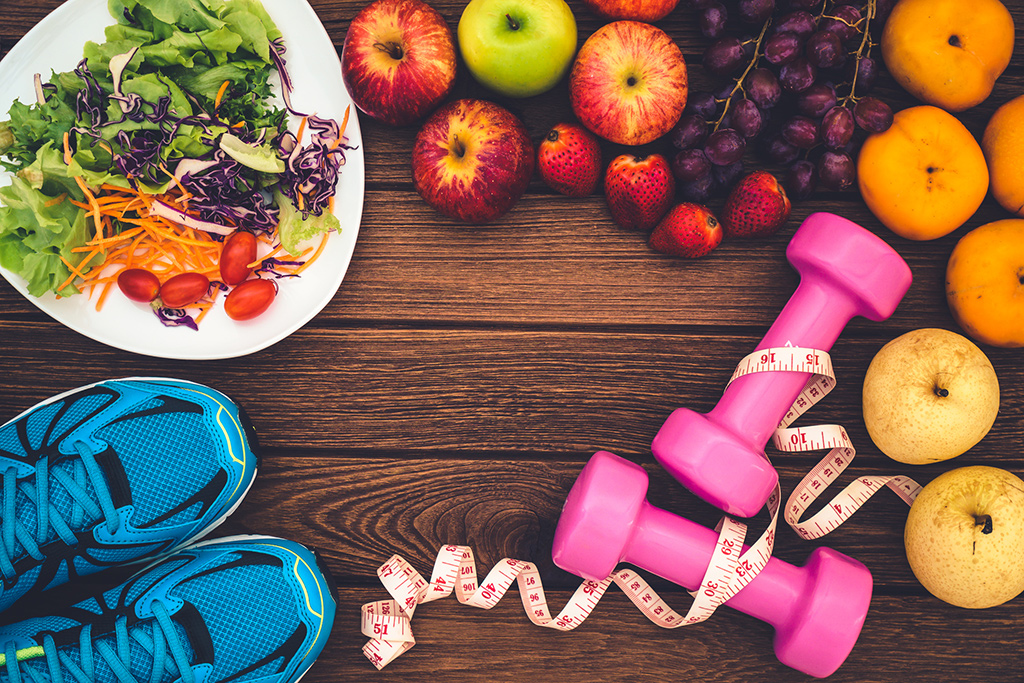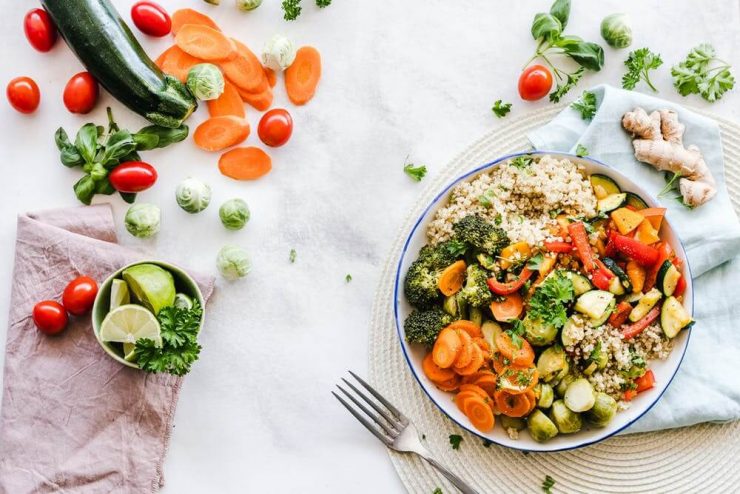7 Tips on Keeping a Healthy Diet
When you are in self-isolation or quarantine because of the Coronavirus, you will necessarily be spending a lot more time at home. Following general tips on keeping a healthy diet, being physically active, staying hydrated, handling stress, and getting adequate sleep are the best suggestions for staying healthy amid self-isolation or home quarantine period.
Top 7 Tips to Maintain a Healthy Diet
Making and maintaining healthy diet won’t be so difficult. In case you begin by including small changes into your regular habits, you can make a huge effect on your eating habits and make healthy, lasting eating habits. Try adding these 7 goals to your diet for achieving a healthy living during COVID-19 pandemic:
1. Keep Yourself Hydrated
You should stay hydrated for entire health. How much water you require depends on the environmental conditions, your weight, height, gender, age, and level of physical activities. You need to take at least 14 to 16 glasses of water daily. For a boost of refreshment, you can add berries, mint, cucumber, or slices of lemon. Other drinks like unsweetened iced tea or coffee, or flavored or infused water are also better options for hydration.
2. Avoid Processed Foods
You might be excited to stock up on processed foods, but don’t forget to check the label. In case you cannot identify maximum ingredients, just avoid. You can still go for healthy items like frozen and canned veggies and fruits. Select those canned in water with no added sugar, Trans and saturated fats, or sodium when possible. And rinse them thoroughly before using.
3. Go for Fortified Foods and Supplements
Based on your situation, supplements and fortified foods may be needed or integrated with meals for supplying needed nutrients, particularly in contexts where diets are of bad quality and restricted quantity because of food insecurity.
4. Know What Makes a Balanced Meal
You are recommended to go for a completely healthy diet that includes different fruits, veggies, lean veggies, whole grains, legumes, nuts, or animal protein, fish, and non-tropical vegan oils. Moreover, it must restrict processed and red meats, Trans and saturated fats, added sugars, sodium, and sweetened beverages.
5. Practice Mindful Eating
Maintaining a normal daily regime can help you cope with the stress during the COVID-19 pandemic. If you stick to daily mealtimes and planning meals beforehand, you can do this. This helps you control your hunger levels better, fulfill your nutrient needs, and help you reduce food waste. Practicing mindful eating is a helpful tactic for maintaining a healthy connection with food and balances your energy intake.
6. Exercise Regularly
Don’t forget to work out at least 30 minutes every day. If you cannot go outside, exercise at home, do some yoga, or walk up and down the stairs.
7. Cook at Home
You can modify your cooking plans to your skill level. Just understand the concept of a balanced diet and make some healthy foods at home.
Follow these tips on keeping a healthy diet and keep yourself healthy during COVID-19 pandemic.








